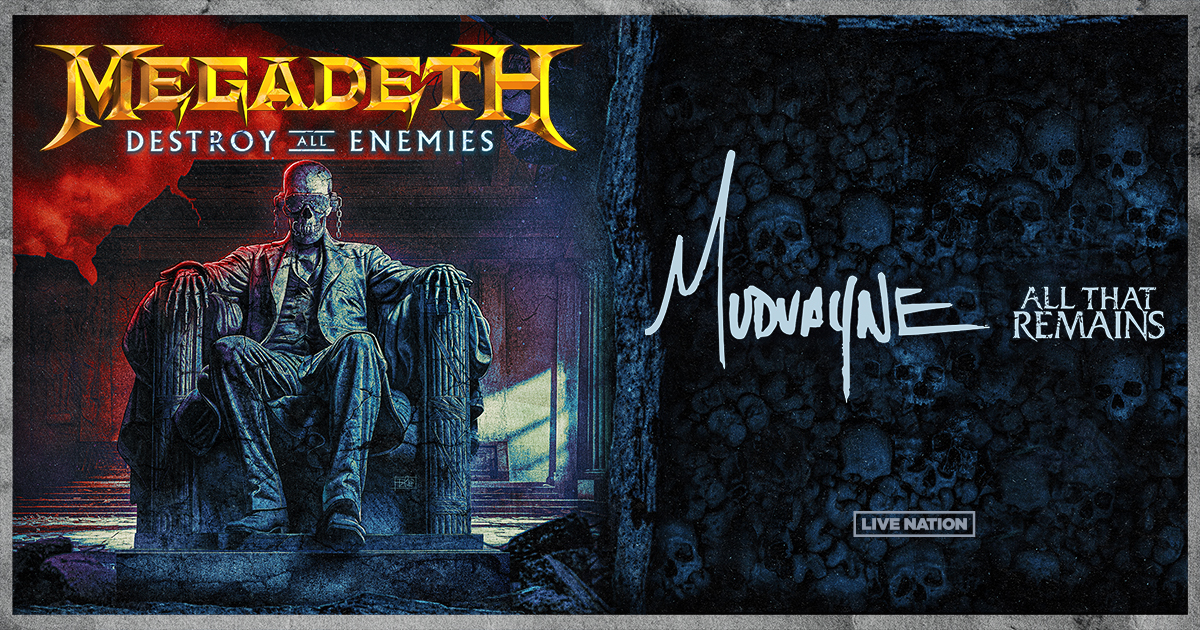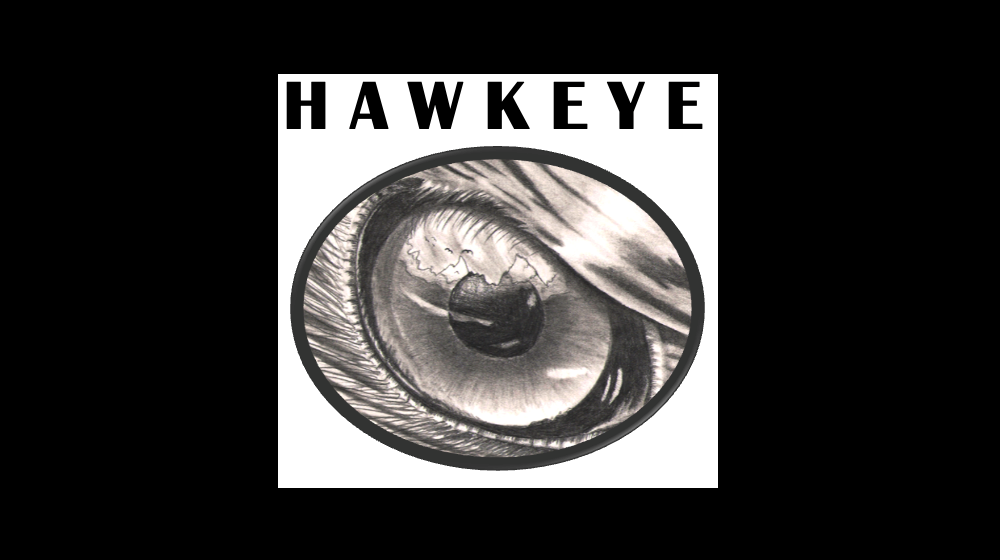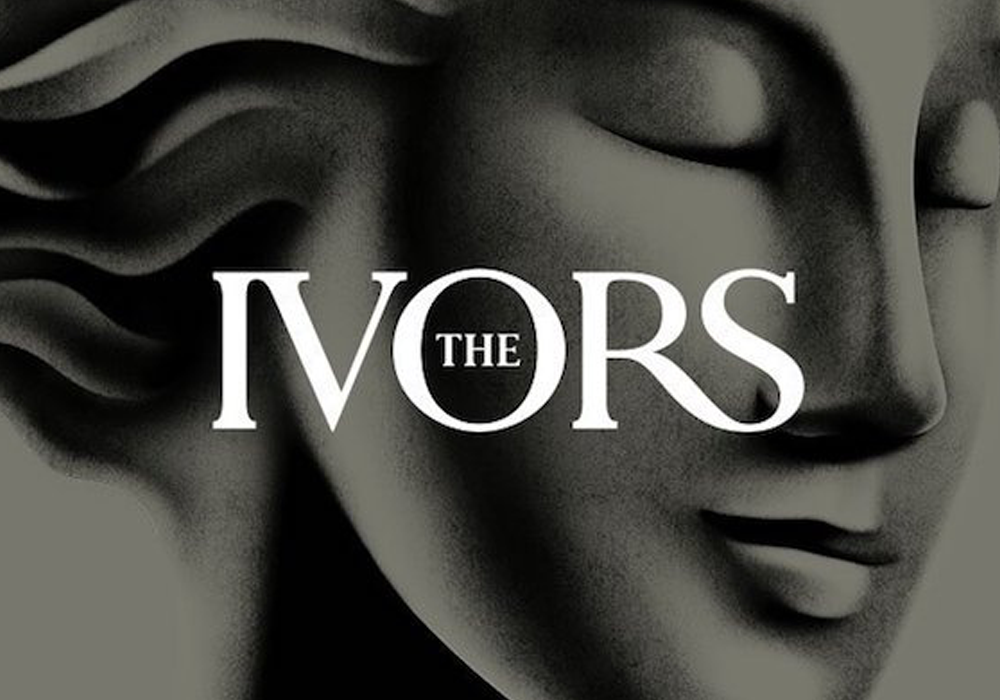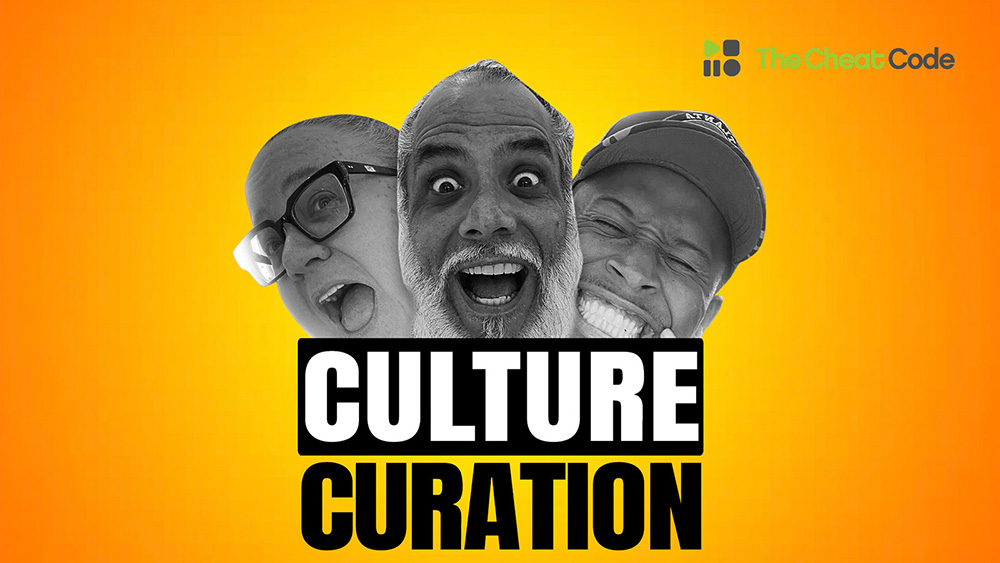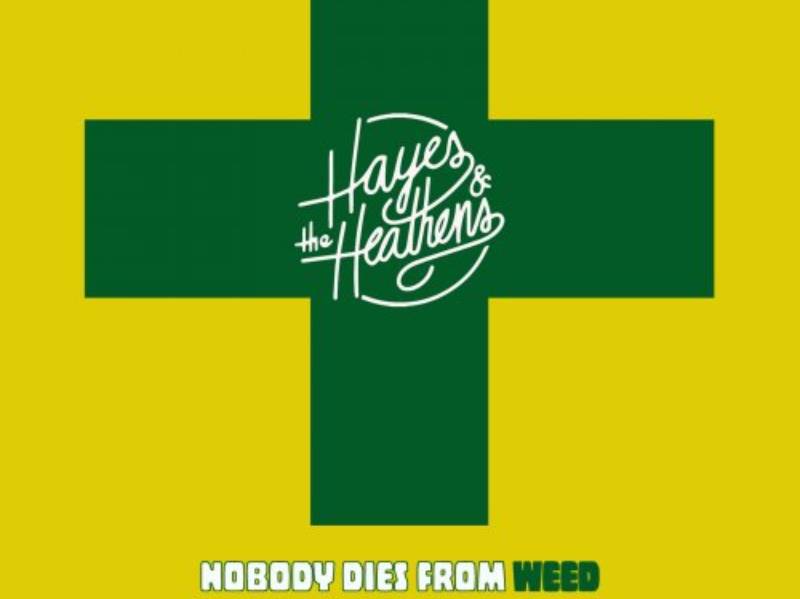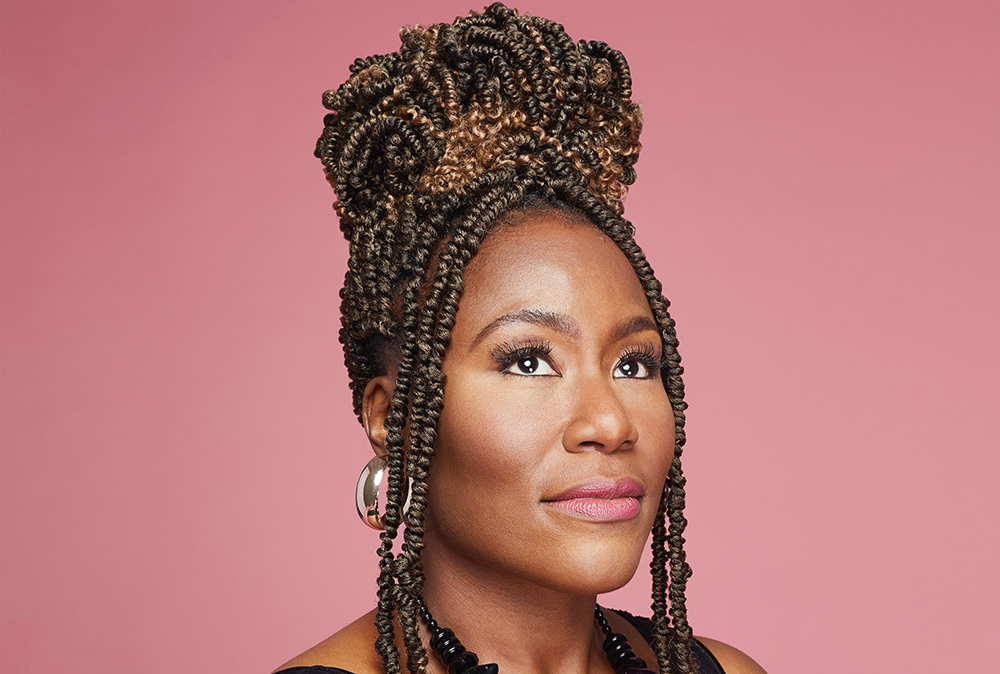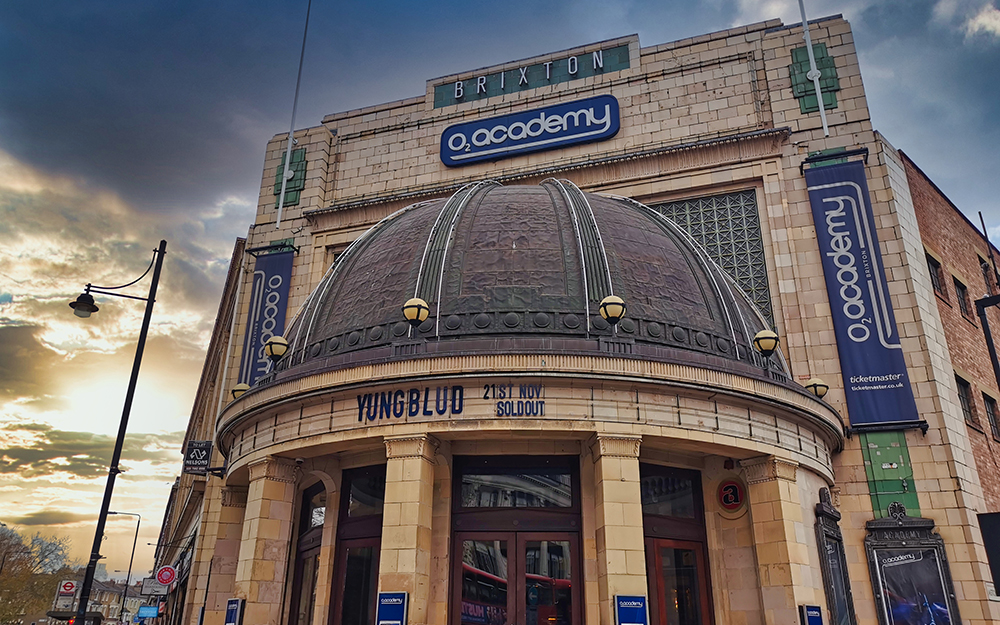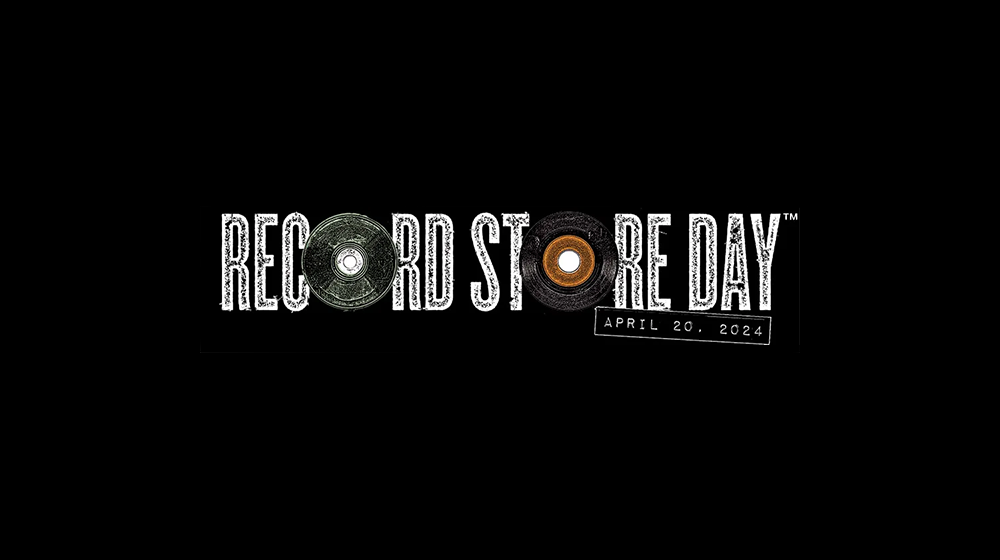
The songs remain the same, but the executives come and go.
The Edgar Bronfman, Jr. era is now officially over. What did we learn?
That money allows you to execute your vision. Junior combined perennial also-ran MCA with PolyGram to build the behemoth known today as Universal Music. From worst to first.
But it wasn't quite that simple. PolyGram would not have been available if Alain Levy hadn't made the mistake of going into the film business. Don't stray far from your core expertise. Music and movies might both be entertainment, but they're completely different entities. Movies are all about the deal, the catalog, the distribution, and at this time, back in the nineties, music was about new product, hits. Sure, distribution ensured the monopoly and catalog kept you afloat, but if you didn't have hits, you didn't have shit. PolyGram's owners saw the movie business red ink and sold PolyGram to Edgar, they wanted out of this crazy-assed music business, just like Time Warner did half a decade later.
But Universal never would have flowered if Edgar didn't latch on to Doug Morris, the disgraced Warner emperor. You forgive glitches in the entertainment business, it's personality-driven, managers ruin the entity. Sure, Doug was power-mad, but he was delivering. And you had to give him credit for killing both Mo and Kras. Someone who plays the game this well should never be counted out. One can argue that nobody plays it better than Doug. He survives. He may have sharp elbows, but so do his competitors. That's why Lucian should be worried. We don't play wussy soccer in the U.S., but smash mouth football, Doug's playing at Sony to win.
And at Universal Doug immediately recruited Jimmy Iovine, a charismatic wunderkind who gets you in his corner and succeeds on loyalty. He's David Geffen, if Geffen truly cared about music. But Jimmy's street, Geffen never wanted to be street and certainly isn't today.
And there was the TV deal with Barry, but despite all the naysaying, things were going along swimmingly at Universal until after decrying the Internet with the appearance of Napster, Edgar suddenly embraced it, with Vivendi.
You see Edgar was born with a silver spoon in his mouth. And as a result he couldn't separate the hustlers from the truth-tellers, he couldn't see that Jean-Marie Messier was full of shit. And as a result, he lost most of the family fortune in the implosion of Vivendi. Messier's vision was skewed, he was just another Levy, but with bigger dreams.
Dreamers, bullshitters, liars and con-men. They make up the entertainment business. Which is why you've got to sleep with one eye open. You can trust no one. You've got to do your own homework, your own due diligence, Edgar didn't and got burned.
But he returned. Having lost Seagram, all that money, he couldn't buy Warner Music on his own, he needed private equity funds. He was the titular head, but his bosses were in Boston. Because money calls the shots. And no one knows money better than the private equity guys. You may lose your job, the public may get screwed, but they never lose. Witness Warner Music, the investors got paid back and then some, but the public saw its stock drop by more than half upon the company's sale this year. There ought to be a law about it. Instead, one of the worst offenders, Mitt Romney, could soon become President. I'm not sure what his ultimate plan would be, selling the United States to the Chinese and splitting the spoils amongst the 1%, but if you think Romney is a job creator, you know nothing about private equity.
So now, after finally embracing the Internet at Warner, making a deal with Spotify, bankrolling both reasonable and unreasonable uses of the company's money, Edgar's out.
Warner never merged with EMI. And now Warner is EMI. A tiny loner doomed by market share, or lack thereof.
And Universal Music is still part of Vivendi, but all the movie and TV assets are gone, the empire's been destroyed, the vision evaporated. And Universal Music is run by someone who knows music, but not money. And at this late date, you can't run a label without knowing the latter. Which is why Warner Music brought in Stephen Cooper, a turnaround specialist, to run the operation. And Sony might be exclaiming hosannas having inked Doug Morris, but his flaw is not his age, but his inability to see the big picture. Doug thinks it's about vanquishing your competitors, when it's really about making money. That's why Bertelsmann sold its label to Sony, they couldn't make any money. And now Sony has this guy who overspends sailing the ship. Hiring L.A. Reid is like setting fire to your bank book, that guy doesn't believe in budgets, and if Sony Music was a standalone company the financials would floor you.
But it's not. Sony, like Universal, is part of a giant conglomerate. At this point, Vivendi's got a reasonable CEO, Howard Stringer is friends with everybody important, but he can't manage and the company is in a death spiral, even losing in TV. The Sony premium is now the Apple premium and kids would rather buy Samsung than Sony. Because it's better.
So the movie comes to a close. Edgar Bronfman, Jr. is still rich and all those records made on his watch are still available, whether it be on iTunes, Spotify or for free via BitTorrent or locker services. Because money changes hands, but a record never changes. The delivery method may be altered, but the notes remain the same.
So what we've learned here is there are empire builders and musicians, and you've got to decide which side you're on. Once upon a time, the empire builders paid lip service to the artists, but no one believes that anymore, everybody knows the empire builders are in it for themselves, all of America is in it for themselves, altruism is for pussies. And too much of the music sounds like it.
So the Edgar Bronfman, Jr. era ends with a whimper. Major labels are worth far less than he paid for them back in the twentieth century. For all his vaunted forward-looking b.s. at Warner, the labels are still circling the drain. Because the people running them care about only two things, money and their jobs, in that order.
And we all know spending more money doesn't make the record sound any better.
So stand back and ask yourself who you are.
Are you rich enough to compete with Edgar?
Are you street-smart enough to compete with Jimmy and Doug?
Can you run and interpret the numbers like they do at Bain and Thomas H. Lee?
What is it you do best?
Don't try to compete where you cannot win. Even Edgar couldn't win in music, despite all his money.
But a great record can gain you instant notoriety.
That never changes.


























